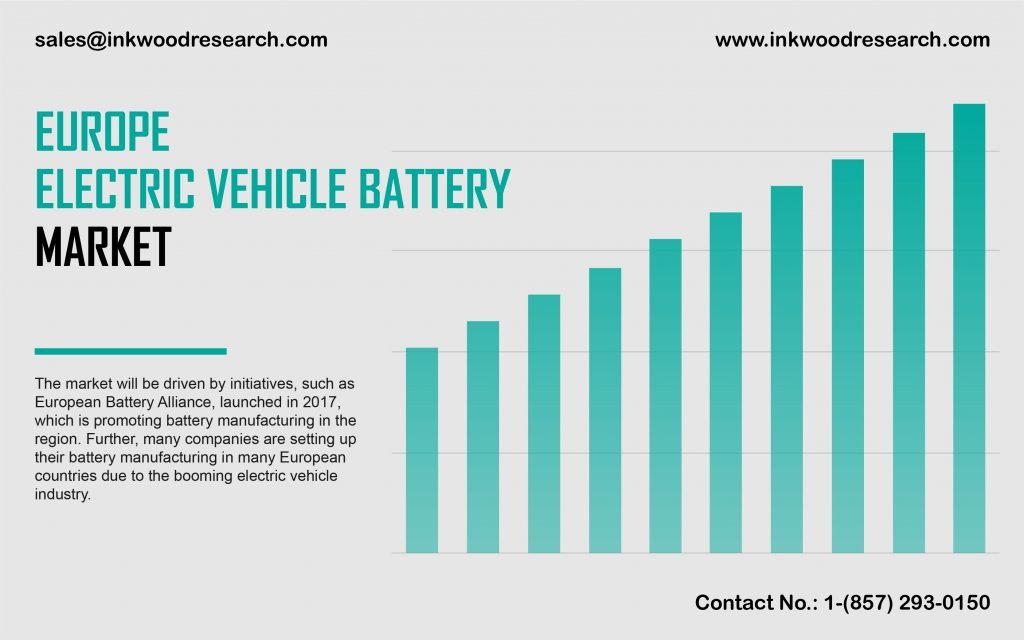EU Battery Ambitions Stalled by Price Competition
The European Union's ambitions to become a leader in electric vehicle (EV) battery production are facing a significant setback due to a price war ignited by China and hefty subsidies offered by the United States.
The EU initially set out a plan to establish a robust domestic battery industry, aiming to capture a significant share of the rapidly growing EV market. However, Chinese battery manufacturers, backed by substantial government support, have flooded the market with cheaper options. This aggressive pricing strategy has made it difficult for European companies to compete on cost alone.
Further complicating matters are the generous subsidies recently introduced by the US Inflation Reduction Act (IRA). These subsidies can significantly reduce the cost of US-made electric vehicles, making them more attractive to consumers and potentially tilting the market in favor of American manufacturers.
The price pressure from China and the US subsidies have forced European policymakers to take a hard look at their own battery strategy. Some analysts believe that the EU's initial reliance on free-market principles may not be sufficient to counter the state-backed efforts of China and the US.
One proposed solution is for the EU to implement its own system of subsidies to support domestic battery production. However, this approach raises concerns about potential trade disputes and the long-term economic viability of government intervention.
Another option being explored is the creation of a strategic battery reserve. This reserve would stockpile batteries produced in Europe, ensuring a steady supply for European carmakers and mitigating the risk of disruptions caused by price fluctuations or geopolitical tensions.
The EU is also considering stricter regulations on battery imports, particularly from China. Proponents of this approach argue that it would level the playing field by ensuring that all battery manufacturers adhere to the same environmental and labor standards. However, such measures could also lead to retaliatory actions from China, further escalating trade tensions.
The future of Europe's EV battery industry remains uncertain. The EU faces a critical juncture, needing to decide on the best course of action to navigate the increasingly competitive global market. Without a clear and effective strategy, the dream of European battery dominance may very well fade away.
Share:

